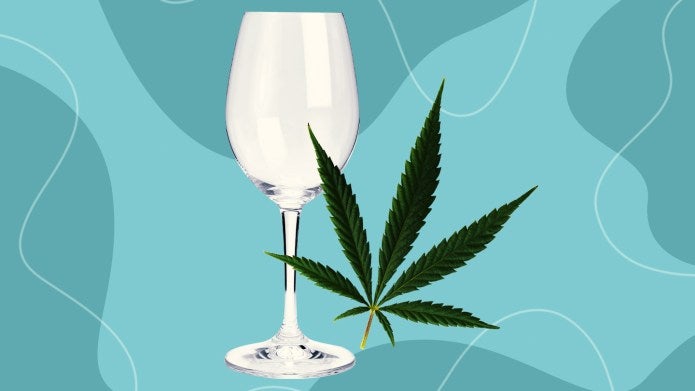Blog, Educational
Alcohol vs. Marijuana: Understanding the Differences and Considerations
Today we will explore the contrasting aspects of alcohol and marijuana. These substances have long been a topic of debate, with differing effects, legalities, and societal implications. In this article, we will delve into the key differences between alcohol and marijuana, shedding light on their effects, potential risks, and considerations for responsible use.
Effects on the Body and Mind:
Alcohol:
Alcohol is a widely consumed depressant that affects the central nervous system. It can induce relaxation, lower inhibitions, impair coordination, and slow reaction times. However, excessive alcohol consumption can lead to alcohol poisoning, liver damage, addiction, and a range of other health issues.
Marijuana:
Marijuana, also known as cannabis, contains psychoactive compounds that interact with the brain’s receptors. Its effects can vary depending on the strain and method of consumption. Common effects include relaxation, euphoria, altered perception of time, increased appetite, and potential short-term memory impairment. Long-term marijuana use may have effects on cognitive function and respiratory health.
Social and Legal Considerations:
Alcohol:
Alcohol has a long history of social acceptance and is legal for adults in many countries. However, it is important to consume alcohol responsibly and be aware of the legal drinking age and regulations in your jurisdiction. Excessive alcohol consumption can lead to negative consequences such as impaired judgment, aggression, and an increased risk of accidents or violence.
Marijuana:
The legal status of marijuana varies greatly across different regions. While some countries and states have legalized its recreational or medicinal use, others still consider it illegal. It is crucial to understand and abide by the laws in your area regarding marijuana use, possession, and distribution.
Health Risks and Benefits:
Alcohol:
Excessive alcohol consumption can have severe health consequences, including liver disease, cardiovascular problems, increased risk of certain cancers, and addiction. However, moderate alcohol consumption, particularly of red wine, has been associated with potential health benefits such as a reduced risk of heart disease. It is important tnote that these potential benefits should be weighed against the risks.
Marijuana:
While marijuana is generally considered less harmful than alcohol, it is not without risks. Heavy marijuana use may lead to respiratory issues, impaired cognitive function, and potential addiction. However, ongoing research suggests that certain compounds in marijuana, such as CBD, may have therapeutic potential for conditions like chronic pain, epilepsy, and anxiety.
Responsible Use and Personal Choice:
Ultimately, the decision to consume alcohol or marijuana is a personal one. It is essential to be informed about the potential risks and benefits of each substance and make responsible choices. Moderation, understanding personal limits, and considering individual health factors are crucial when consuming either alcohol or marijuana.
Alcohol and marijuana are two substances that have different effects on the body, mind, and society. While alcohol is legal and deeply ingrained in many cultures, it carries significant risks when consumed irresponsibly. Marijuana, on the other hand, is subject to legal restrictions in many places but is increasingly recognized for its potential therapeutic benefits. As with any substance, it is important to prioritize responsible use, educate oneself, and make informed decisions that prioritize personal well-being and the well-being of others.


